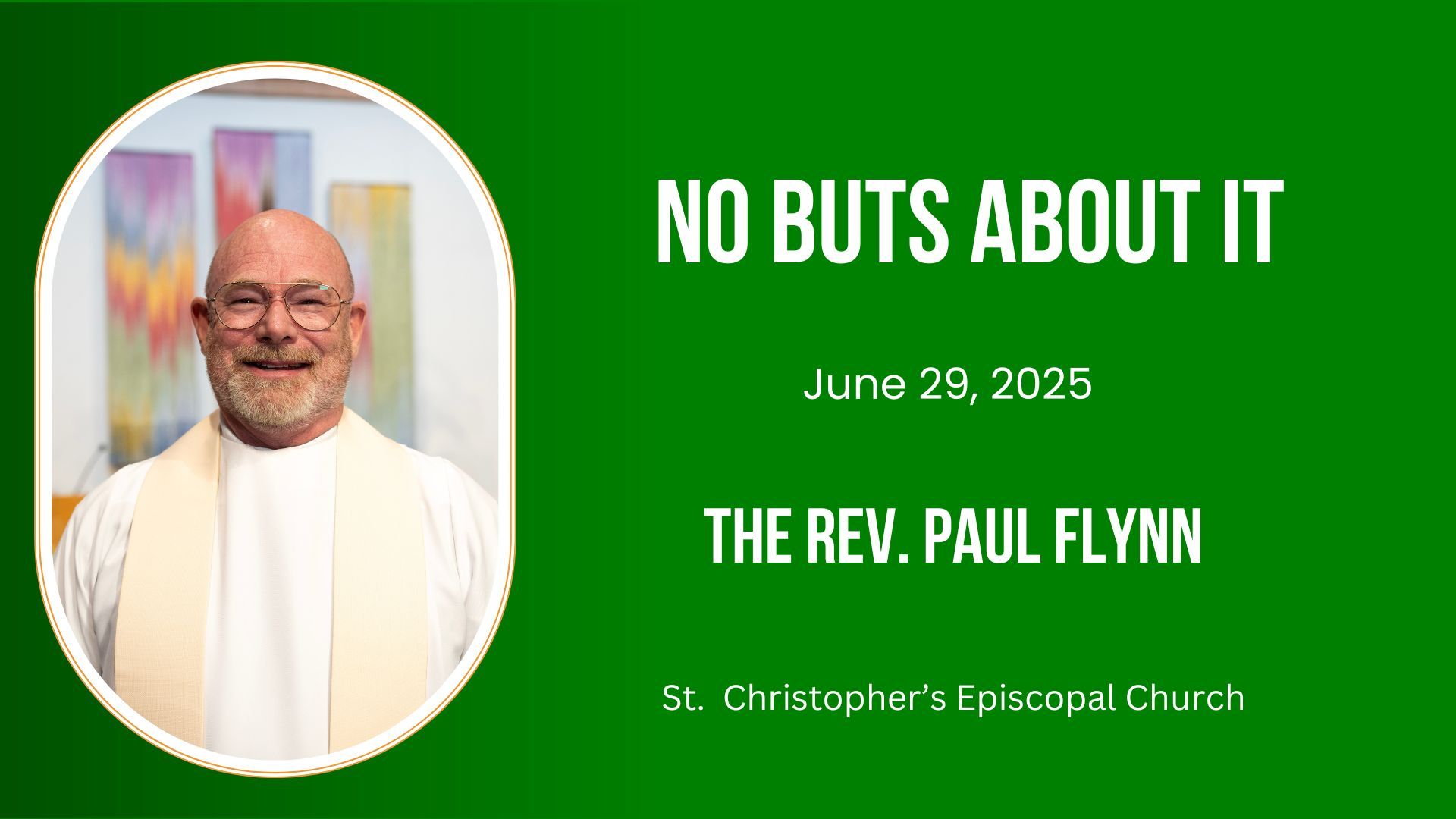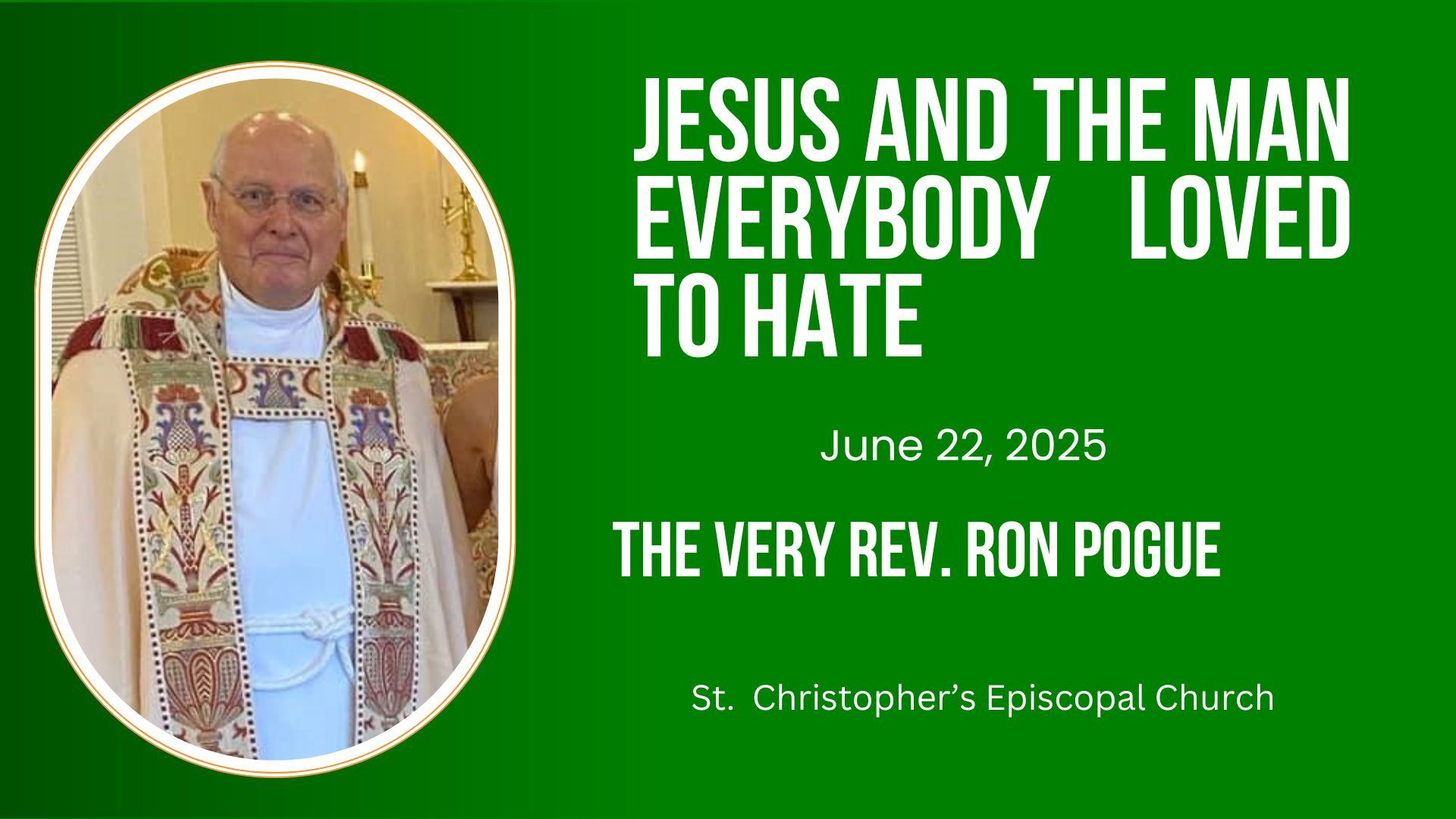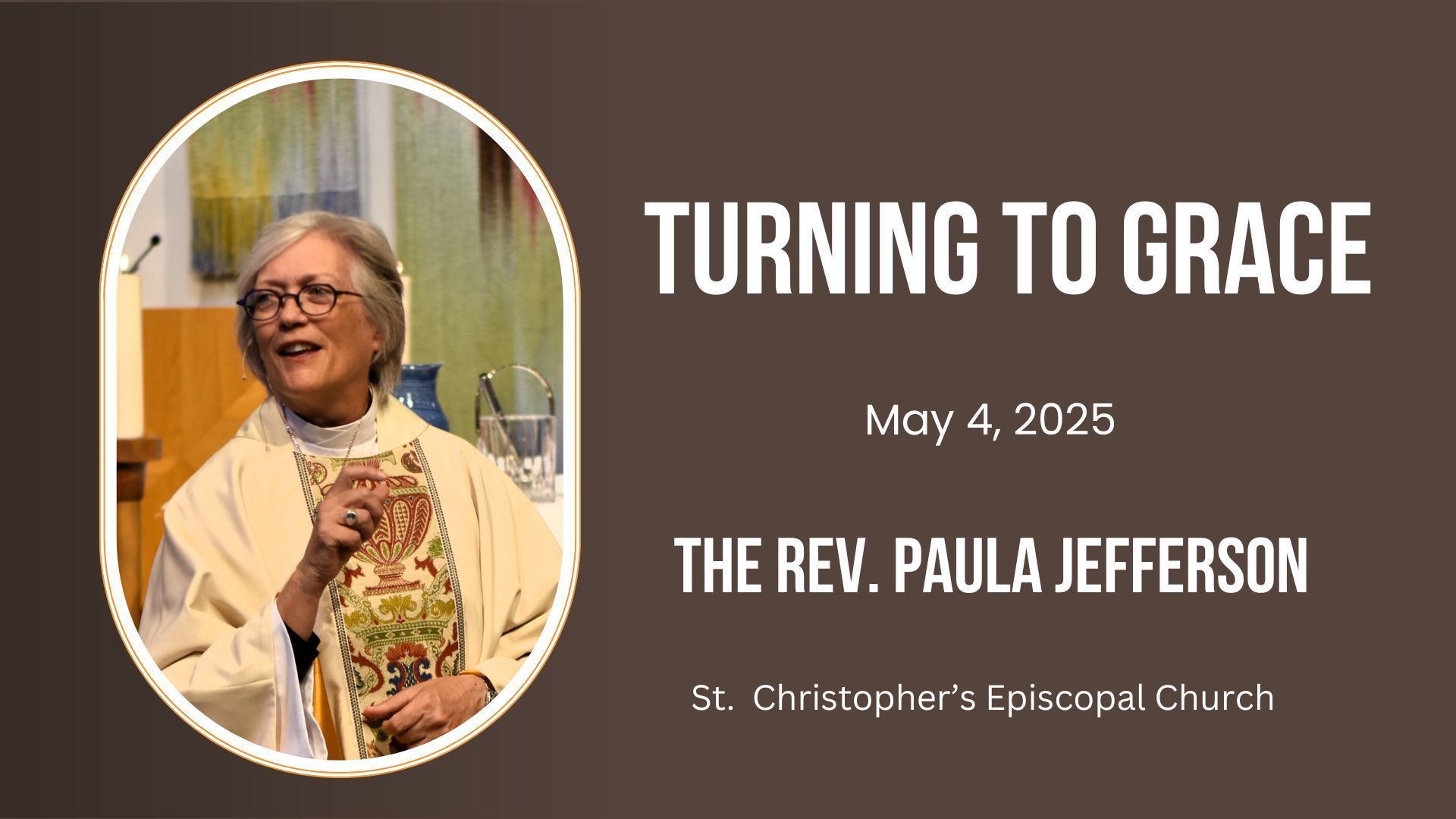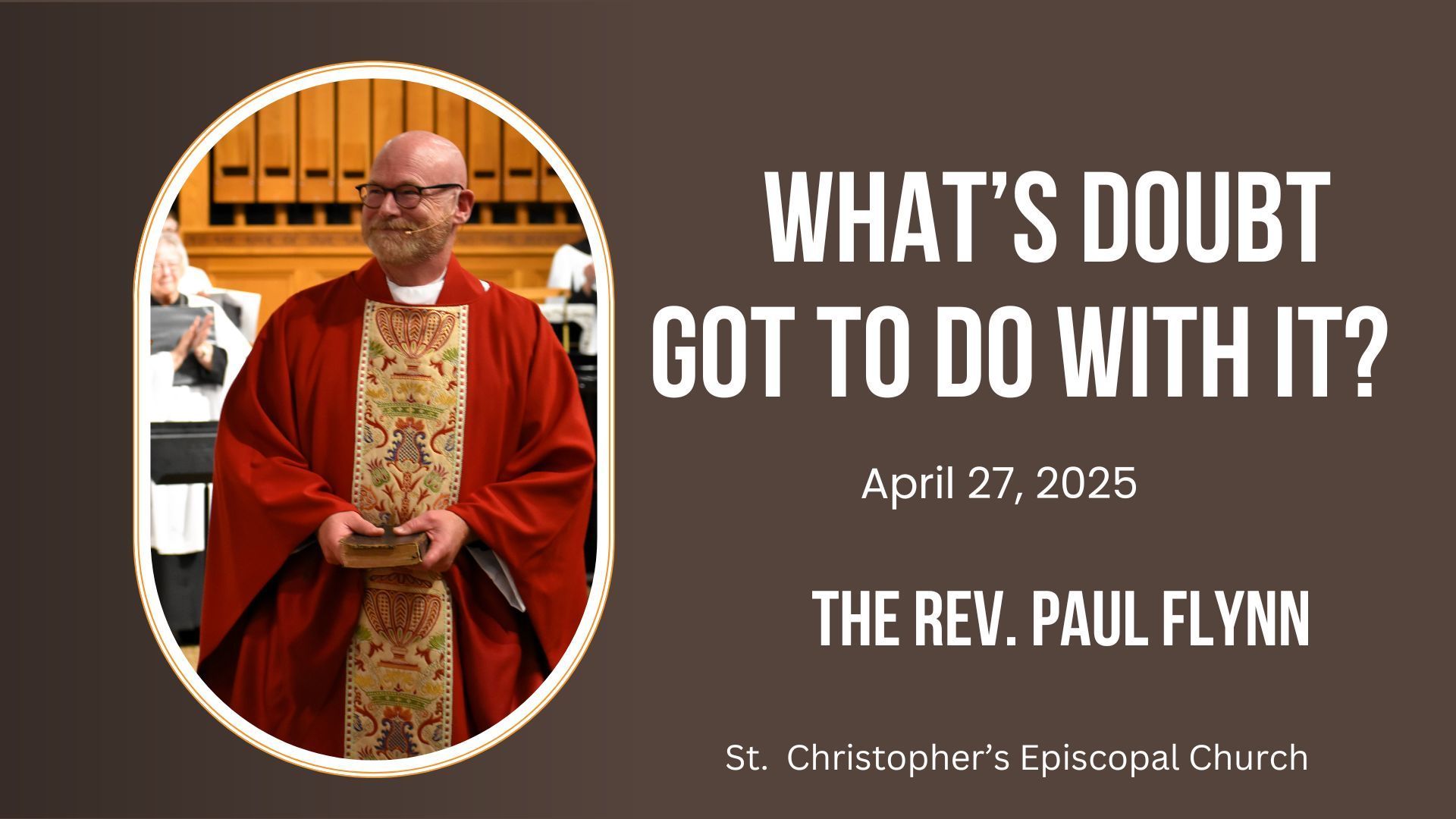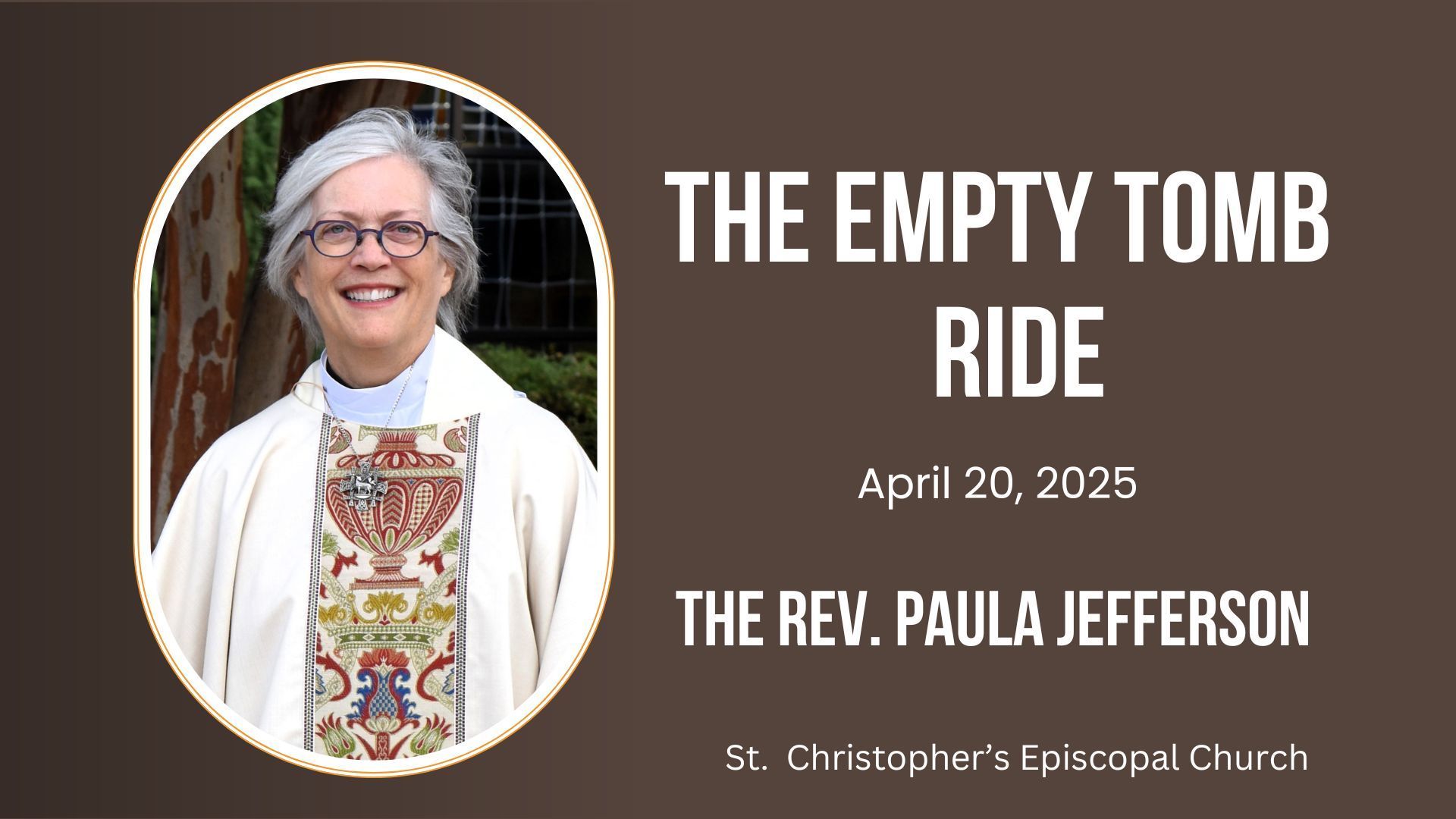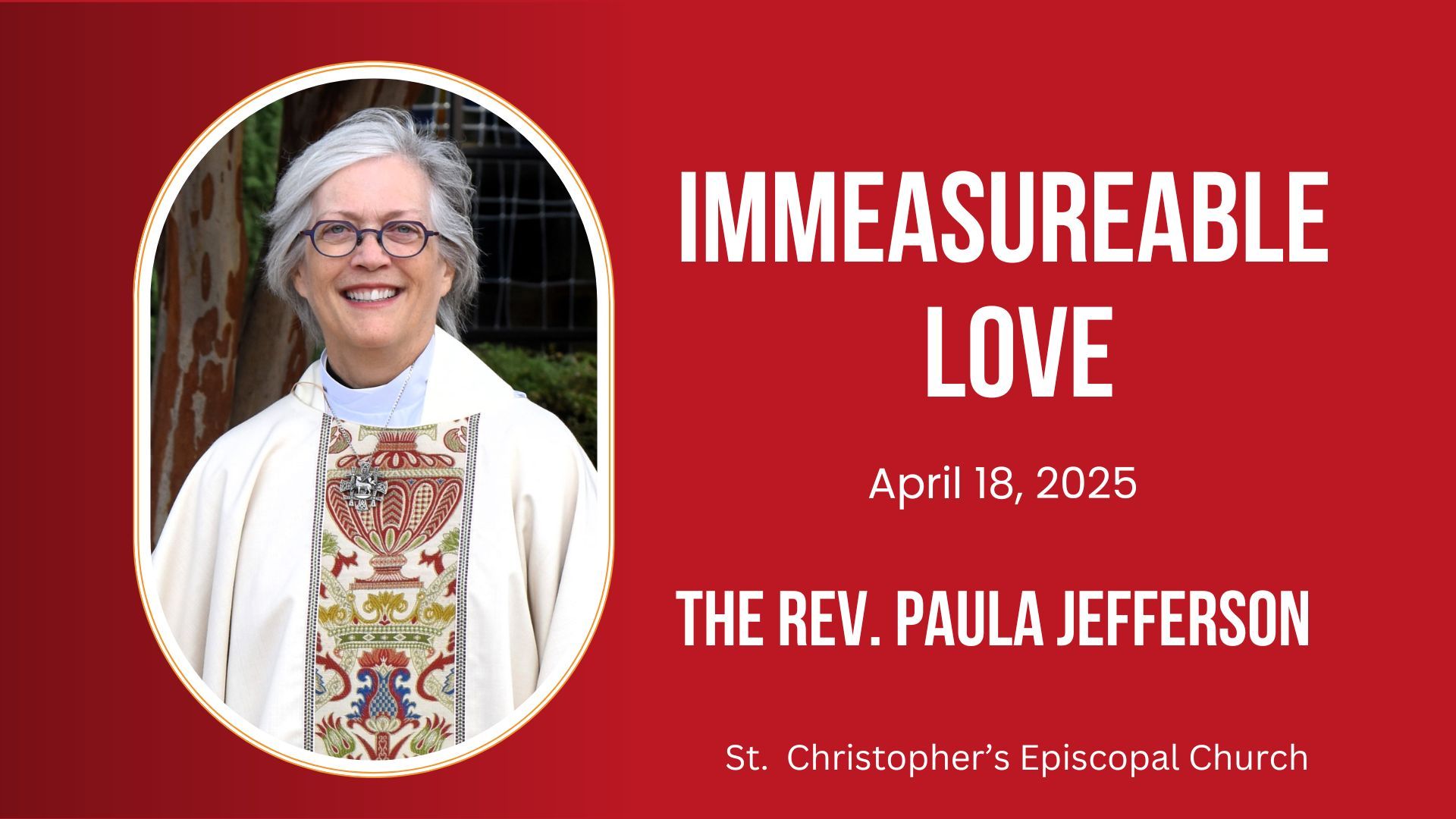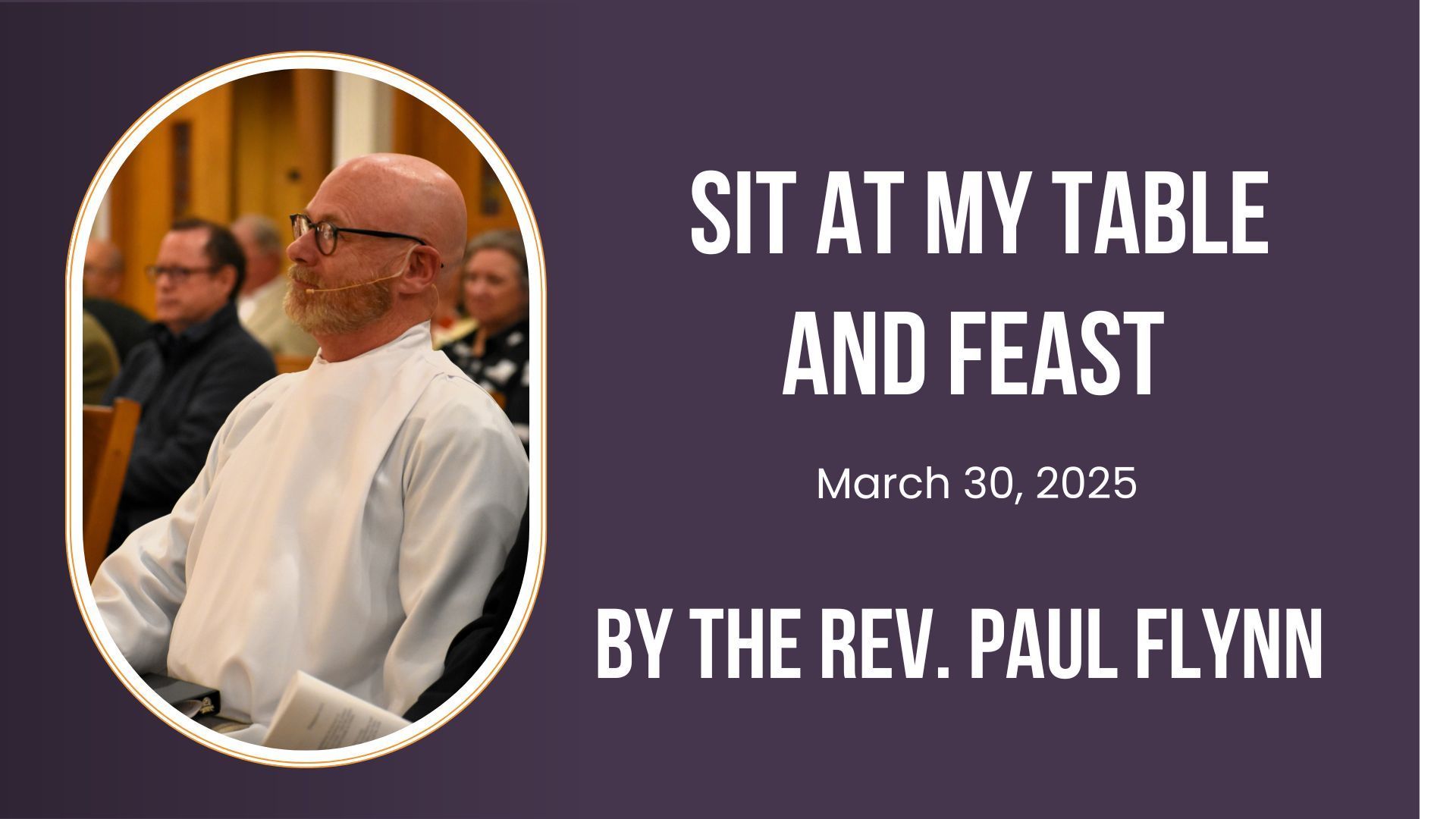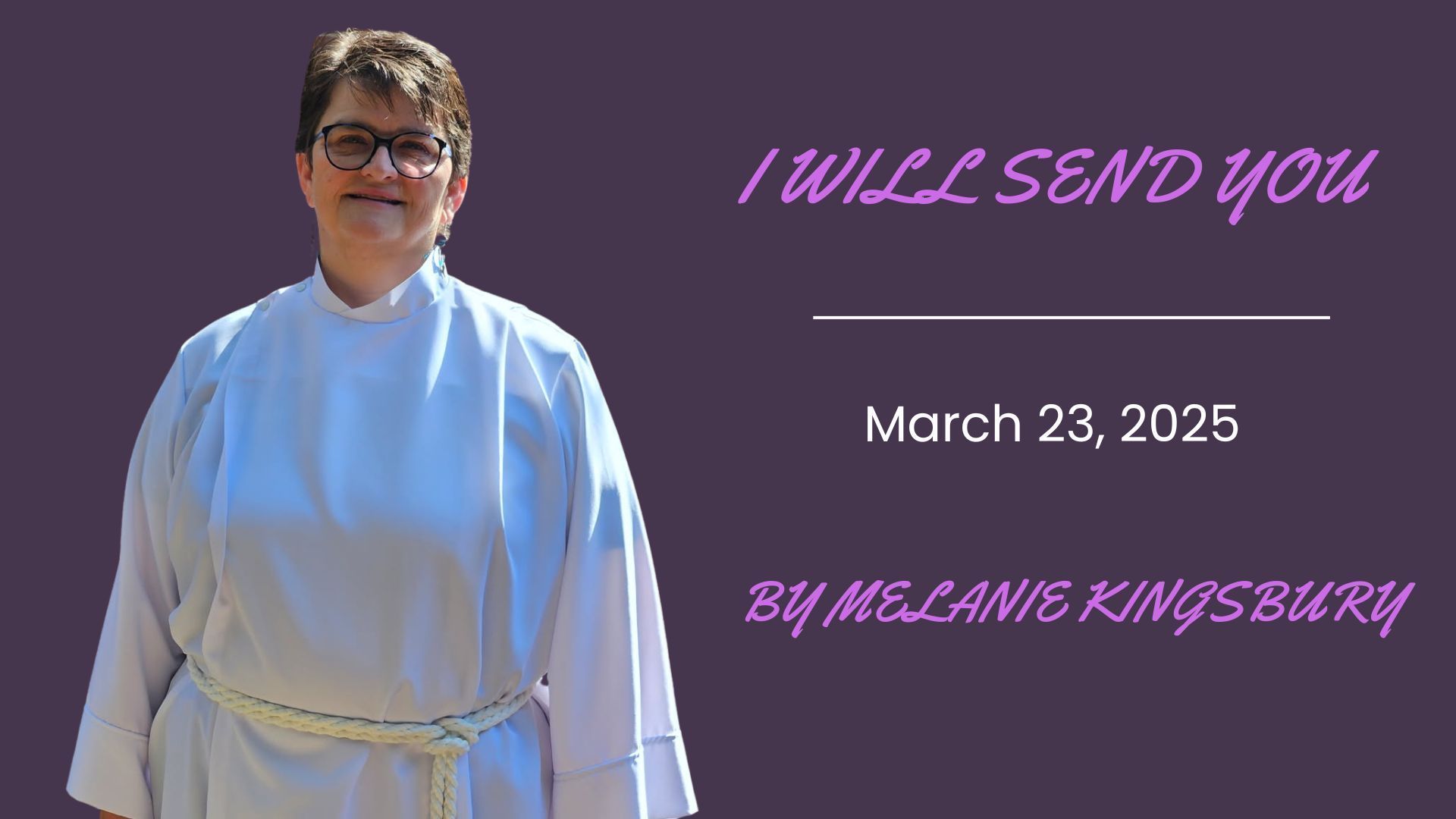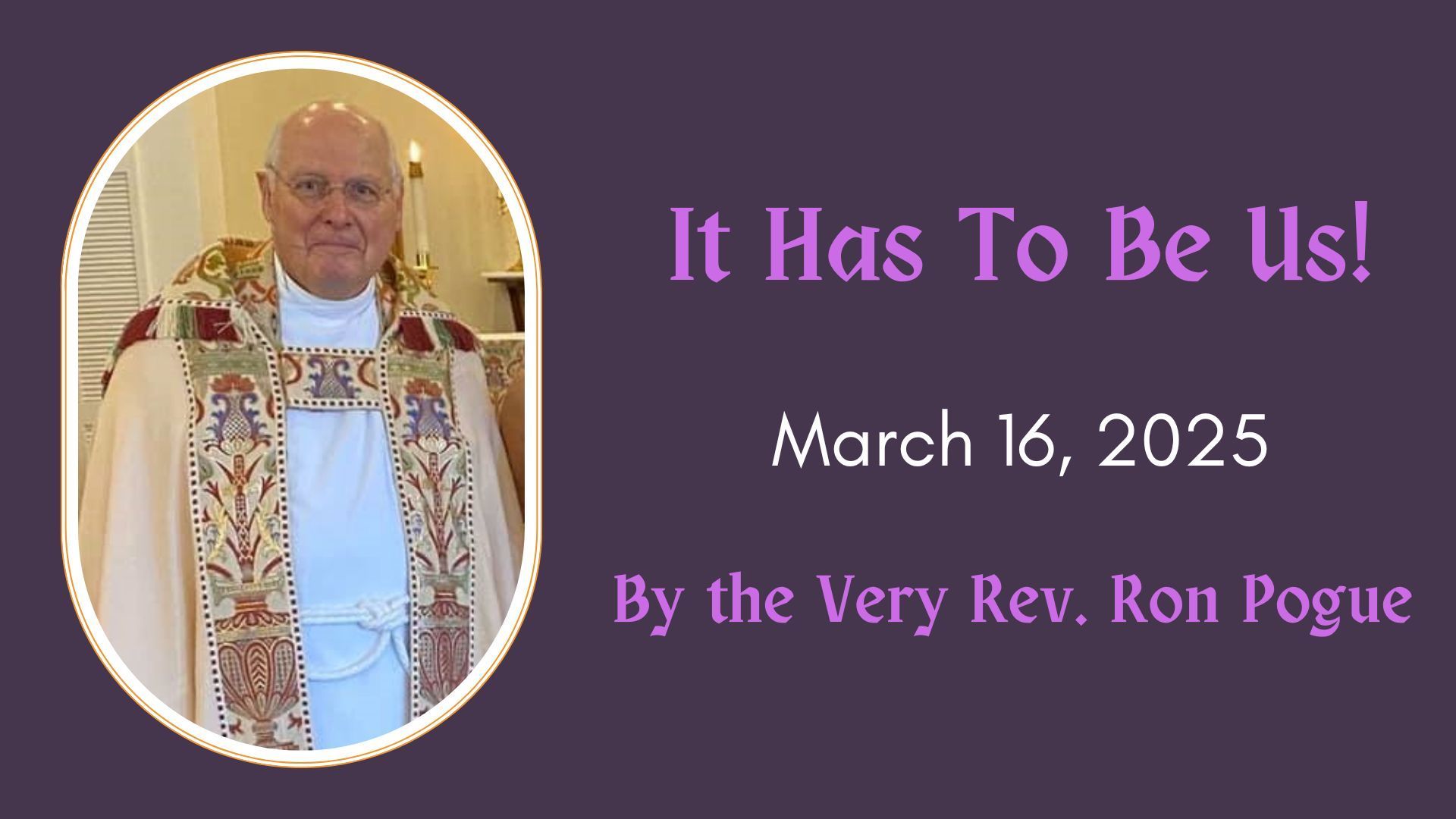In 1999, the acronym Y2K was known all over the world. It meant Year 2000. And it was the most anticipated and prepared-for non-crisis of my lifetime. Computer codes had crept into banking systems, air traffic systems, and business commerce systems. Computers had changed the way the world transacted business.
But there was a fly in the ointment. Some software and hardware had been designed without imagining the possibility of the date odometer rolling over the first digit in the year. So, 1997, 1998, 1999, all of those were all good. But what would happen when the date was January 1, 2000? Would software programs stop? Would banking stop? Would airplanes fall out of the sky? Would business crash?
The hype over this question was huge. We bought Y2K software patches, upgraded hardware, and, frankly, crossed our fingers.
On Dec. 31, 1999, there were epic New Year’s Eve parties in London, Paris, New York City. As my husband and I pondered how to spend that night, we decided to do something quite different—we would camp in Big Bend National Park.
We knew that Big Bend is a desert, so we packed our tent, sleeping bags, blankets, and even threw in ski jackets. Early on December 31, we set off for Big Bend.
As we set up camp, we were wearing t-shirts and shorts and complaining about the heat as the sun beat down on us. We sat in camp chairs and watched as the sun slipped behind a mountain peak. That was the first moment we noticed the chill in the air.
I pulled on sweatpants and a sweat shirt. The sun continued to set. I dragged blankets from the tent. By nightfall, I was wearing the ski jacket and gloves. Eventually, I was too cold to worry about the chaos that might happen at midnight, so we got into the sleeping bag—with ski jackets and sweats.
We awoke to the sun rise, boiled some water and made hot tea. By the time tea was finished, we had shed ski jackets and sweats. After breakfast, we hiked in shorts and t-shirts.
In Exodus, God has been writing an epic tale about God’s work among the Israelites. Moses becomes a leader – an intermediary between God and the Israelites. Moses negotiates the freeing of God’s people. And, God parts the sea and leads them out of Egypt. But, now, they are in a desert: hungry, cold and wishing they were back in Egypt.
For those of us who’ve read the whole story, we know that this desert experience is a liminal space: a place where the Israelites must leave something behind before they are ready to receive something new.
Who are these people God has led to the desert? We know them as God’s chosen people. But here, in the desert, they are refugees. A people with no zip code, no housing, no vocation, no money, no food, no employer. These people have been enslaved for generations. They served Egypt, not as an act of generosity, but simply to survive.
They are spiritual refugees--they understand that power and bondage go hand-in-hand. This, they must leave behind before God will lead them from the desert.
The desert is a time of struggle for the Israelites. Nothing is the way it used to be.
On the night of Dec. 31, 1999 as the world celebrated a new millennium, my husband and I watched the stars emerge on the clear desert sky. Orion’s belt and the Big Dipper were so vivid, I felt like I could reach out and touch them. We weren’t worried about the hands on any clocks that night. Time in that place is measured by the sun’s warmth and the moon’s phase.
For that one night, we were unplugged from civilization and culture. We were plugged into the majesty and Mystery of Creation.
The Israelites are making a different desert journey. No doubt they saw a similar canvas of stars. But they did not pack for one night in the desert. Whatever food they may have brought has long since run out. There’s no water. There is no SUV at the trail head ready to speed them back to civilization, their homes, their old way of life.
I think the darkest hour of their struggle is realizing the fragility of their existence in the desert.
They need Yahweh.
And Yahweh will meet each need with generosity.
This is a turning point in their relationship with God. Eventually, they will be prepared to enter a new covenant with Yahweh.
Y2K was a particular event with a particular timetable. There were tremendous external pressures for us to solve a pending crisis.
But liminal space is different. There are no external pressures—the impetus to move through liminal space is entirely internal.
I wonder if all of us are like the Israelites—if we are all in a liminal space moving from what was to whatever God imagines for us next?
Surely, St. Christopher’s is in a liminal space: we are between homes. We are refugees, who have received the gift of welcome and space from St. Matthew’s.
But the witness of the Israelites is that liminal space is not just about the bookends of where we used to live and where we will live. Liminal space is also about the relationship we used to have with God and the relationship God desires with us now.
God is preparing us for something new.
There is noticeable energy here. I wrote to Canon Saylors this week, thanking her for choosing to worship with us last Sunday. She wrote back: “It is great to see St. Christopher’s thriving."
And we are.
It’s not just about the numbers. Every week people bring great ideas for new programs, new ministries. Everyone here is invested in the ministry of our congregation and the ministries of our people. We are leaning into God’s calling for St. Christopher’s. This is what other people see in us, and they name it ‘thriving’.
It is an exciting time in the life of this congregation.
May God continue to lead us and guide us into deeper relationship with one another, with our community and with God.


